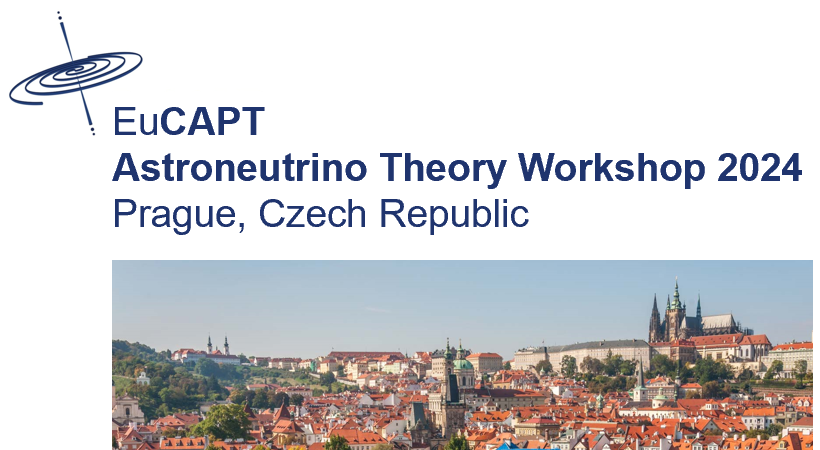Speaker
Description
The KArlsruhe TRItium Neutrino (KATRIN) experiment aims to make a precision measurement of the effective neutrino mass by leveraging the kinematics of tritium beta decay, with a goal neutrino-mass sensitivity of 0.2eV (90% C.L.). To achieve this, the experiment performs an integrating measurement on an ultra-luminous molecular tritium source with a MAC-E filtering spectrometer, with high statistics and well-controlled systematics.
I will report on the newest results from a combined 259 days' worth of data-taking, from which we extract one of the strongest lab-based upper limits on the neutrino mass to date: m_nu < 0.45 eV (90% C.L.)[1]. Additionally, I will outline the next phase of KATRIN and discuss what would be required for next-generation neutrino mass experiments of this kind.
References:
[1] arXiv preprint: https://arxiv.org/abs/2406.13516”.

